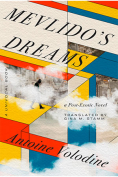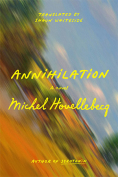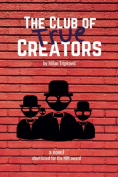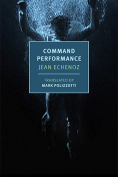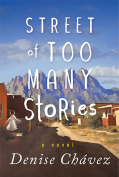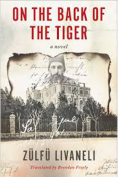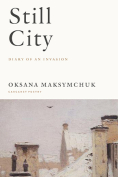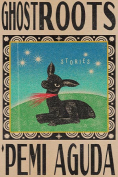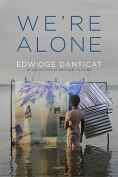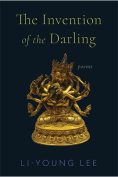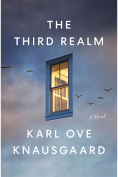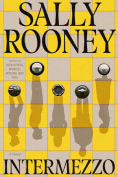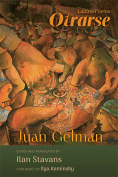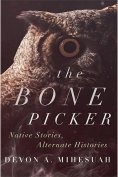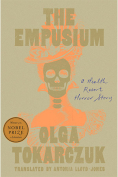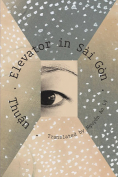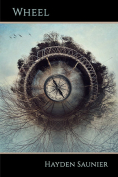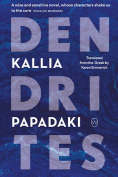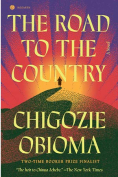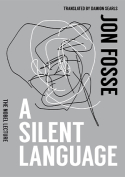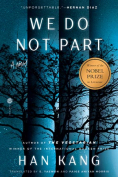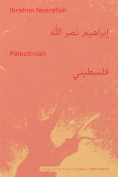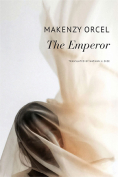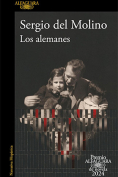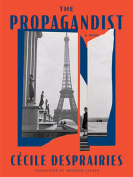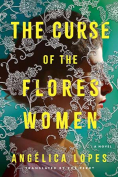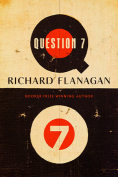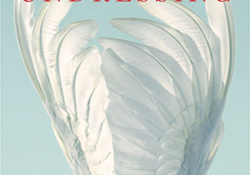The Invention of the Darling: Poems by Li-Young Lee
 New York. W. W. Norton. 2024. 144 pages.
New York. W. W. Norton. 2024. 144 pages.
In Li-Young Lee’s latest collection, The Invention of the Darling, the seminal poet grants us both familiarity and departure from his previous works. From a writer we have come to embrace as the poet of “rapture and tenderness” as Major Jackson once put it, his known engagement with the intimate, the familial, and the mystical are plainly evident here. But in Lee’s new collection, we are also treated to the witnessing of a poet in his prime who has set his eyes on the mythological and its intersections with the earthly and divine.
The Invention of the Darling begins fittingly with the dedication “For You Who Wrestle with God,” and few sentiments could be more emblematic of this collection. In poem after poem Lee employs his archetypically understated hush, calling the reader into a focused attention of the wonders that surround us, seen and unseen. While all the necessary themes that surround our wrestling with God, and thereby ourselves, are found here—notions of origin, the state of being, belonging, and death, love both ethereal and material—Lee also spends considerable time trying to unearth a kind of poetics of unknowing. The poems here engage an oscillation of plus/minus that, rather than equate to neutrality, become a refreshing recognition of the complexity of duality. Here Lee is not interested in dogmatic positions or staid ideologies; “There have always been two skies,” he writes in one poem. “The mystery of knowledge is the mystery of open and closed,” he writes in another. And it is that mystery of knowledge, his desire to try and explore the unknowing, that makes this collection both prescient and ageless.
Throughout these poems, what might seem to a cursory reader as a kind of ambiguity instead becomes a manifestation of openness and an embrace of the unknowing, what Lee names in one poem as “Those primary difficulties posed to us by being in time.” It is this idea of time that the text successfully evades and attempts to eclipse in an effort to ultimately break the linearity of time and embrace the fullness of our ancient and present selves, which brings us into our current understanding (or lack thereof) of self as an iterative and cyclical reality. But for Lee this idea of unknowing, or in some cases unbecoming, is neither devoid of context nor existing in a philosophical vacuum. In his poem “Counting the Ten Thousand Things,” he writes:
With every death,
I lose my story
and have to start over.
With every war,
I lose my future
and have to start over.
With every revolution,
I lose my past
and have to start over.
I lose countries, family, languages, friends,
and have to start over
with Moses and the flight out of Egypt.
Start over in secret, at night
with my mother and father and the escape to . . .
Canaan? Bethlehem? America?
Where was it we thought was safe?
The recognition of loss coupled with the collapsing of time found in these stanzas are quintessential examples of Lee’s poetics in this collection, a poetics that recognizes the ways historical and political events simultaneously occur in a fixed moment and continually recur across time. For Lee these moments have come to shape us as people who are not distinct in our era but are instead implicated in the cyclical and conditional realities of the human condition. In this way Lee resists all impulses toward exceptionalism and a sense of hierarchy and instead embraces the flawed and often contradictory ways of our realities, perhaps with a yearning toward transcendence, but unquestionably from a position that centers the intimacy of relationships to one another, our planet, and the divine as our most essential gift.
In the end, The Invention of the Darling is a quietly forceful and syntactically ornate requiem for the beloved (whether that beloved be God, lover, parent, child, stranger, or friend). And much in the way that Lee argues our human condition has not changed for millennia, we can be thankful that Lee’s poetic impulses and unwavering devotion to the lyrical line in poetry have also remained steadfast.
Matthew Shenoda
Brown University
